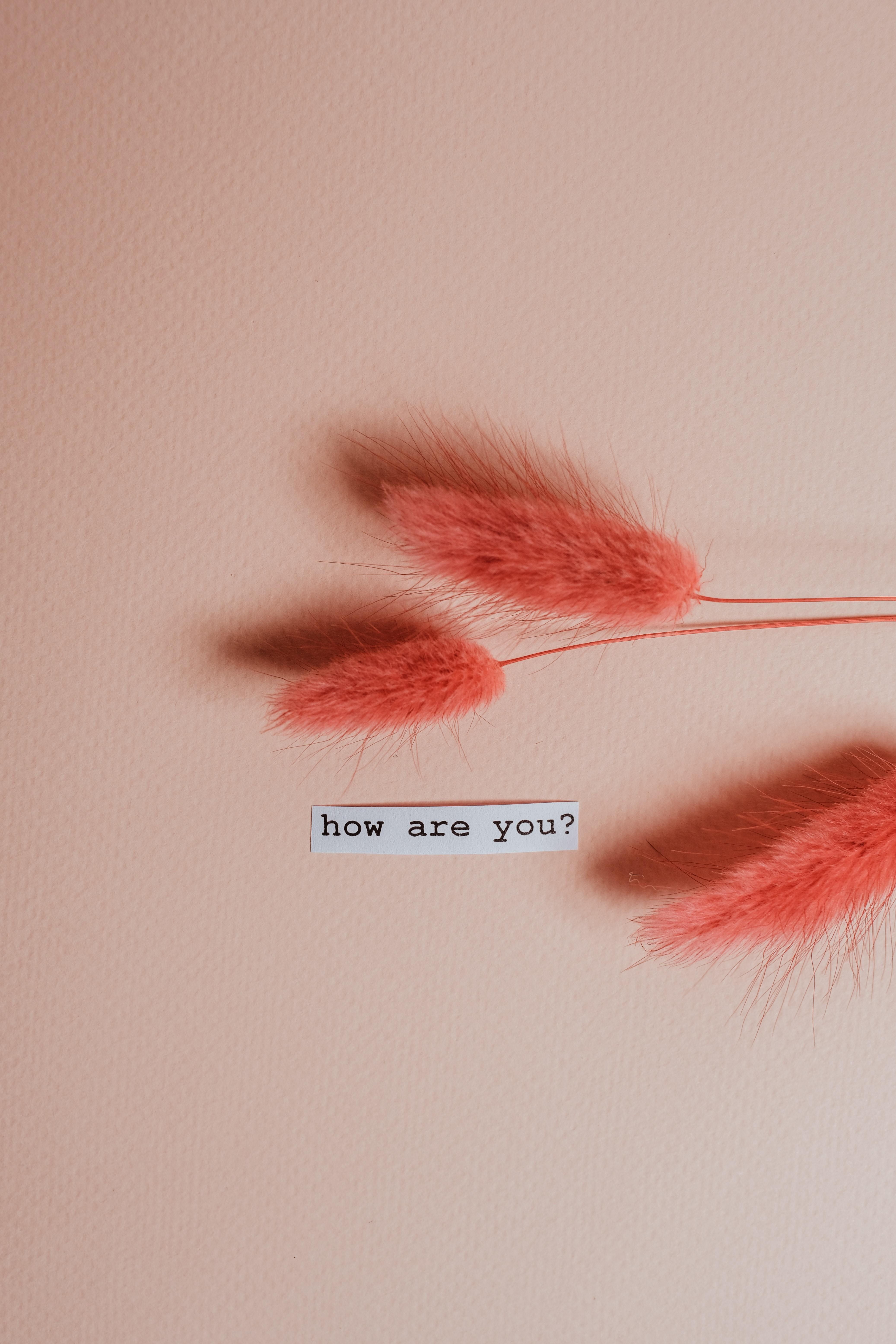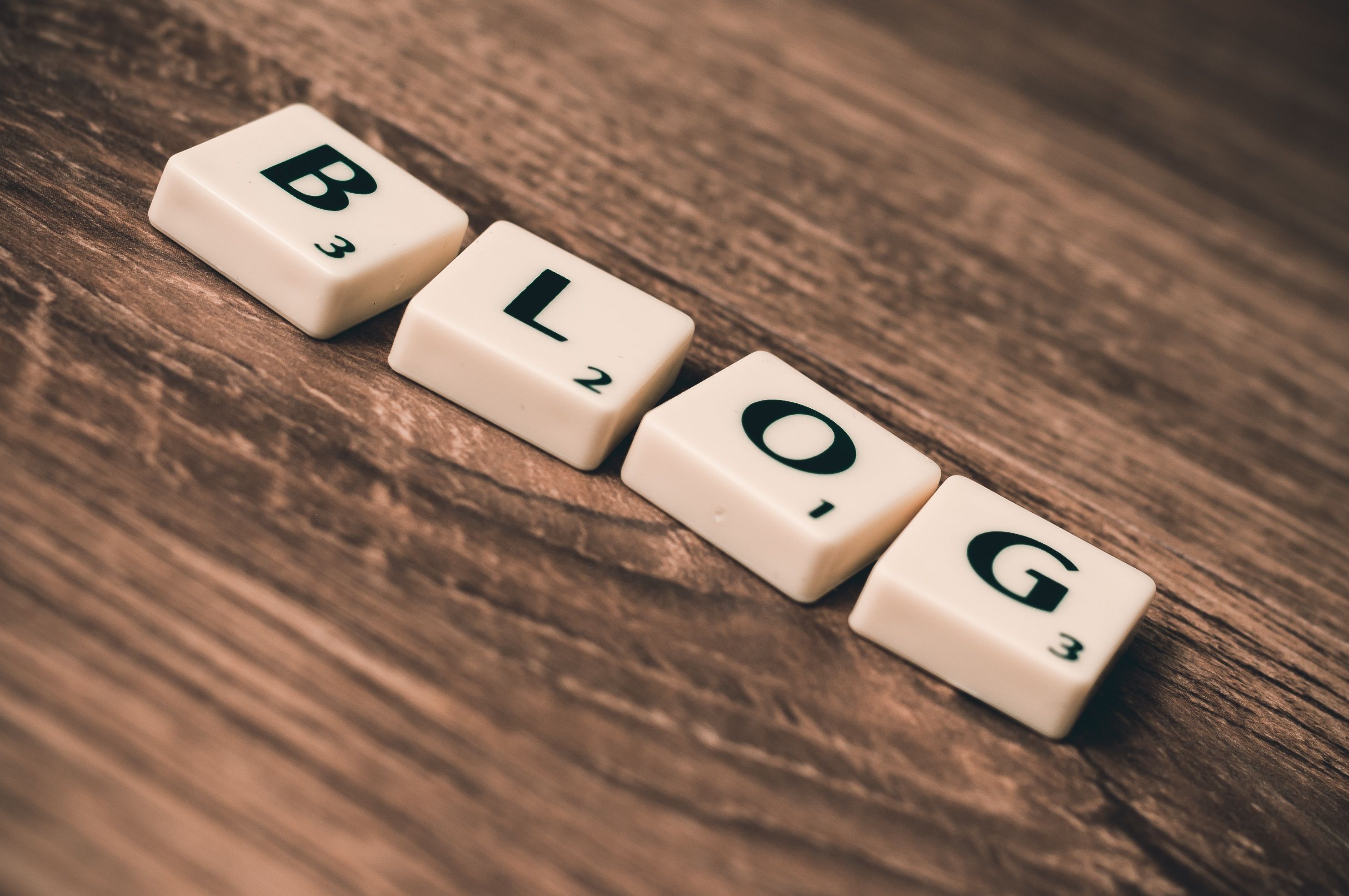
May is mental health awareness month and just as important and checking in with yourself on how you’re doing, is asking those around you how they are doing. We are in month 14 of a global pandemic, in the middle of progressive movements to make our world more equitable for all who live in it. We watch wild storms rage across the country, and let’s not forget about murder hornets. Frankly, it’s easy to get a bit fed up. Even as a counselor with years of personal and professional experience of the right things to say and do, sometimes I have to crawl under my covers and just hide out for a little while. And if we know this is what’s happening for us, it stands to reason our friends and family and coworkers and that guy at the check-out counter is going through this, too. So, how do we ask the questions and create a space for others to share their struggles and find a safe harbor in our presence? How can we check-in with those around us so no one has to suffer in silence or white-knuckle this ride? I think the answer is humility, accountability, and patience.
Humility
Often misunderstood, humility gets a bad rep. We think of the monks who dedicate their life in service of God taking vows of silence and surrendering their worldly possessions. Or, within my millennial generation, we take humility to mean ironic self-degradation saying things like, “lol I’m trash” or “hahaha I’m so worthless” etc. But humility isn’t thinking less of ourselves, it is thinking of ourselves less. I am but a grain of sand, but I am a grain of sand. When we humble ourselves to admit to others that we too are struggling, we create an environment where it is safe and acceptable to also struggle. I can ask a friend how they’re doing and admit “me too” so they know they’re not alone. In this humility, my own problems become smaller because I am not solely focused on my own difficulties, but remembering that none of us are alone in that human experience of pain. It’s often hard in the world of social media, when we scroll past the highlight reel of everyone’s seemingly perfect lives, to remember that we all are going through things, and we all need a safe space to share. Humility allows us to be that safe space and in turn allows us to reduce our own burdens.
Accountability
I haven’t been to the gym in probably close to two years. Do I still pay for it every month? Sure do. There is a reason people get gym buddies. That thousand mile trek to the building of sweat and body odor feels shorter when I’ve already agreed to go. Mental health works the exact same way. I personally struggle A LOT in the month of January. Lots of memories flood back from difficult moments in my life and everything just feels a little bit harder. My best friend, knowing this, called me one day to say, “I’m coming over, don’t worry about getting dressed”. She brought me a care package with comfort food and goodies and sat on the couch with me for hours while I released everything that was pent up inside. We remain accountable to the people we love and care about and we can hold each other accountable for doing what we need to do. It’s not invasive to ask my friend who’s been talking about counseling for years if she’s made an appointment, or to offer to help her find someone. It is a sign of love and it is part of holding my people accountable. When I’ve had a tough day my partner gets me up off the couch and takes me for a walk, because sometimes a walk is the cure. We check-in, we make space, and we hold each other accountable for getting what they need.
Patience
Watching people struggle is hard. Watching people struggle when you think you know what could help them is harder. If everyone would just do what I told them too then we’d all be happy! Except that’s not my job. It’s not my job as a counselor, or a friend, or a partner, or a daughter, or a sister. Sometimes the best thing we can do for someone is ask what they’re experiencing, actively listen, and respond, “Man, that sounds really challenging. I would probably feel that way too”. Having the courage to ask how someone is doing, and the patience to just let them be where they are without trying to fix it, can be the key to better relationships. I can honestly say as a counselor that sometimes that is all my client’s need. That is often what separates me from all the other people in their life, I listen but I do not try to fix. Instead I just validate their experience. So much of the struggle these days is out of our control. There are no simple answers, but we can make it acceptable for the people in our lives to fall apart, and we can hold their hands as they put themselves back together.
Whatever you’re feeling this month is ok. If you need extra support we are here to help. Be kind to yourself and be sure to check-in on those you love.

